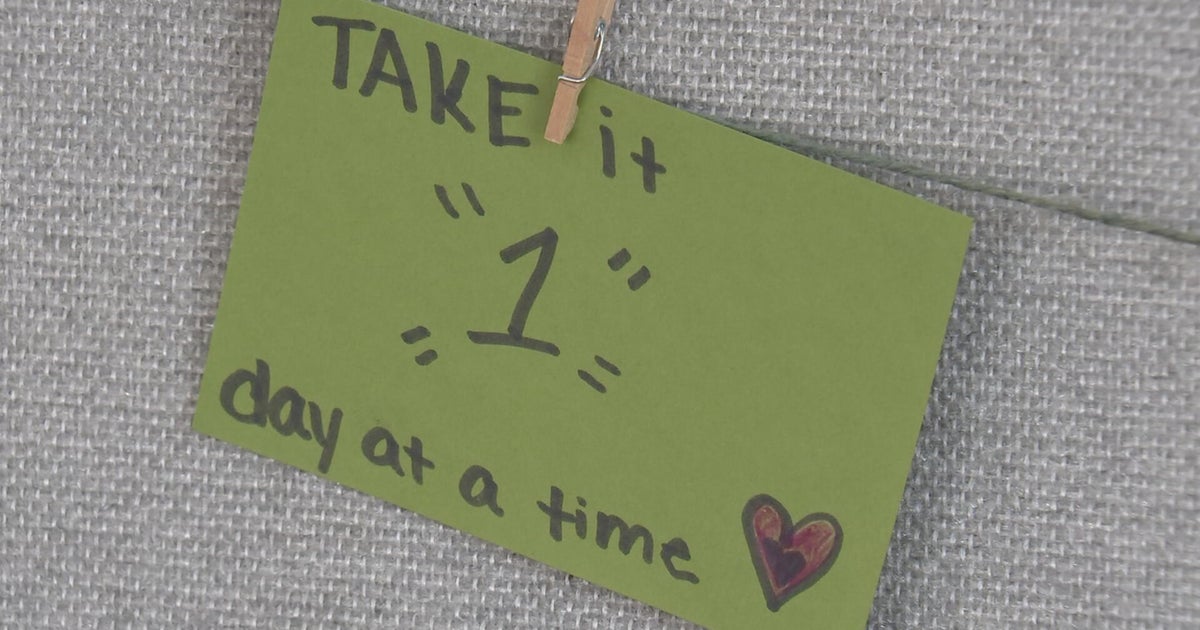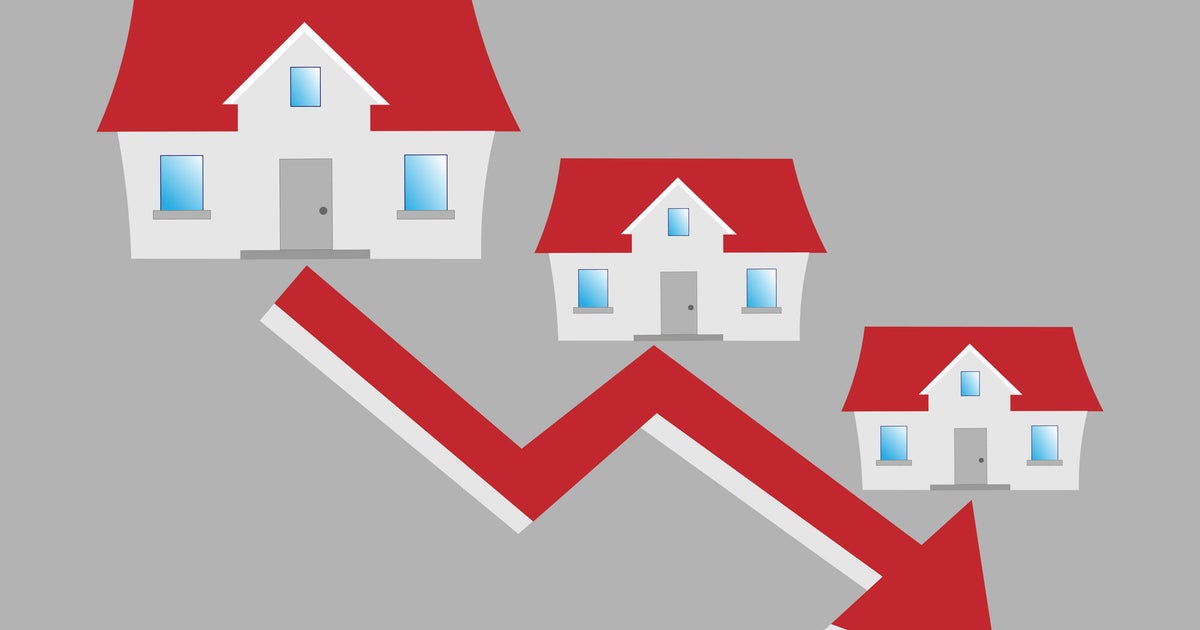Tips for managing coronavirus anxiety: "Limit the level of intrusions"
If you're feeling anxious about coronavirus, there are steps you can take to manage those feelings in a positive way, said Dr. Sue Varma on "CBS This Morning."
Varma recommends an approach she calls "practical philosophy," which involves identifying what you can do to challenge the emotions that are causing anxiety.
She tells people to pick one reliable news source to get information and "limit the level of intrusions."
"We're getting a lot of intrusions onto our phone. We don't need to know a minute-by-minute," she said. "Ask yourself, what is happening locally? Yes, we want to know what's happening in China and what's happening in Italy, but what is happening in your local school system? To me, that's the most important thing in terms of the preparedness."
Varma cautioned against fear-buying of medical supplies and other items.
"First we were seeing that the things that were going off the shelves were the masks, the hand sanitizers, and guess what? Now it's toilet paper. Why? Because it gives us something to do," she said. "All of these stores are running out of supplies because of the anxiety that we are projecting — the catastrophizing, the what if thinking, the ruminations.
"Instead we need to say, 'What can I do? How can I separate emotion from fact?' And that's the most important thing, is dealing with the facts here."
Some anxiety, she said, can be good.
"Anxiety is normal and anxiety helps motivate you. It helps park your resources," she said.
But, she added that people shouldn't hesitate to ask for help.
"Get help, talk to your therapist, have a support system. If you need to do more face time — we're not going to have as many in-person interactions especially if you're sick or self-quarantined or self-distancing, but don't stop the support system that is so important. We need help more than ever before," she said.
Varma also gave tips on how to talk to children about coronavirus and not put your anxiety on them.
"Kids need to be reassured by the parent," she said. "First of all, have age appropriate conversations. Let them lead, see where they're at, see what their fears are."
Giving them context is also important, she said, recommending that parents tell their kids that children are not the most vulnerable to coronavirus, but they could still pass it on. They should be reminded to regularly wash their hands for 20 seconds, she said.



